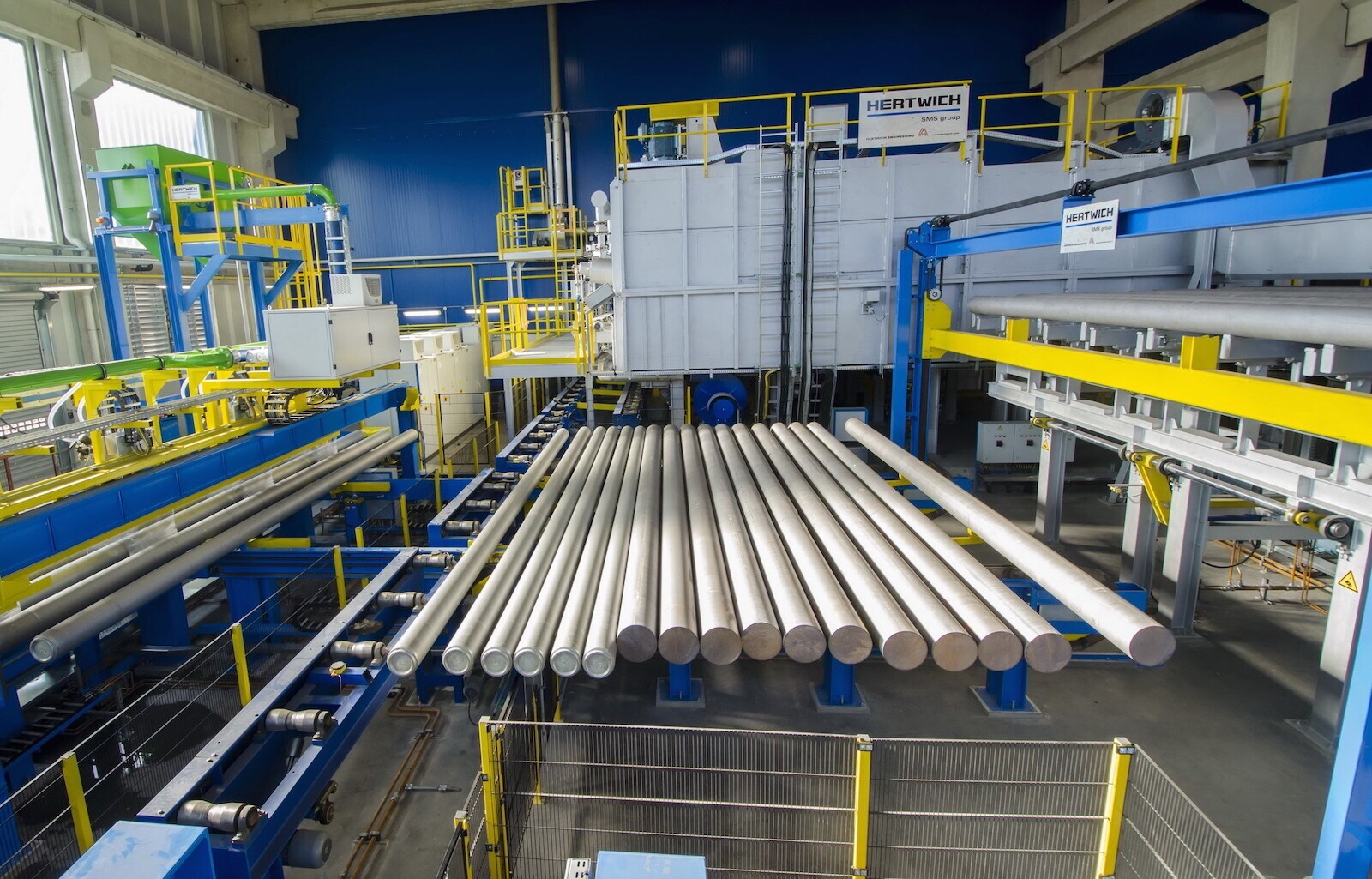

Slovenian aluminium producer Talum is moving forward with a EUR 55 million (USD 65 million) green transformation project, to be completed by the end of 2025. The investment will drive Talum's transition away from primary aluminium production towards recycled aluminium. This will reduce greenhouse gas emissions, improve energy efficiency, and align with Europe’s circular economy goals.

Marko Drobnic, Chairman of the Management Board of Talum, noted that by focusing on the production of aluminium rods from recycled aluminium, the project would be having a significant impact on greenhouse gas emissions reduction, as well as energy efficiency improvement and other specific impacts directly on the European circular economy objectives.
Talum has secured financing of EUR 16 million (USD 19 million) from financial servicing firm Nova Ljubljanska Banka (NLB) for equipment purchases and operational funding. Talum also plans to invest an additional total of EUR 60 million (USD 70.59 million) by 2030 to achieve carbon-neutral production and expand its production lines of recycled products (poles and rondelles).
Energy crisis triggers earlier shift
The project builds on changes that began during the European energy crisis. On 29 September 2022, Talum announced it would scale back primary aluminium production starting 1 October, citing soaring energy costs. Aluminium smelting is among the most energy-intensive industrial processes, with electricity accounting for nearly 40 per cent of total costs.
At the time, Talum, one of Slovenia’s leading energy consumers, joined a wave of European producers scaling down or shuttering operations as the Ukraine–Russia conflict disrupted energy markets. Despite this, the Kidričevo-based company , with more than 60 years of aluminium production ,remains among the world’s most efficient producers and ranks among Slovenia’s top 10 exporters.
Also read: Vedanta’s ‘green aluminium plant location’ almost ready for reveal ahead of demerger commissioning
Strategic importance for Slovenia and Europe
With the Slovenian government holding an 86.25 per cent stake in Talum, the transformation project represents more than a corporate decision. It signals how state-backed industries are navigating the green transition while safeguarding national industrial capacity.
Talum’s recycling-focused strategy not only reduces dependence on volatile energy markets but also strengthens its role in Europe’s sustainable manufacturing value chain.
To know more about green aluminium operations and sustaiability initiatives by aluminium producers, read our report: World Recycled ALuminium Market Analysis Industry forecast to 2032
Responses








